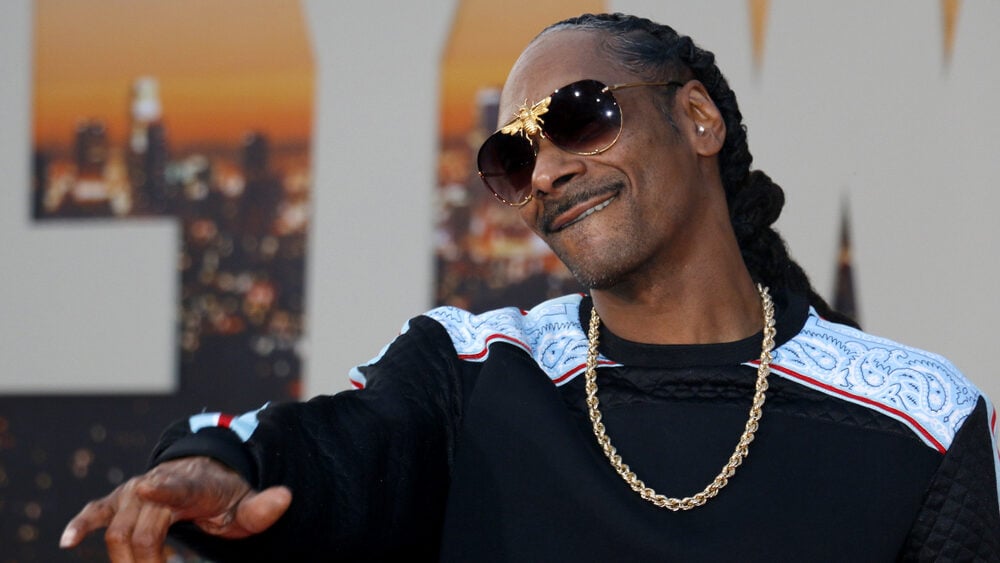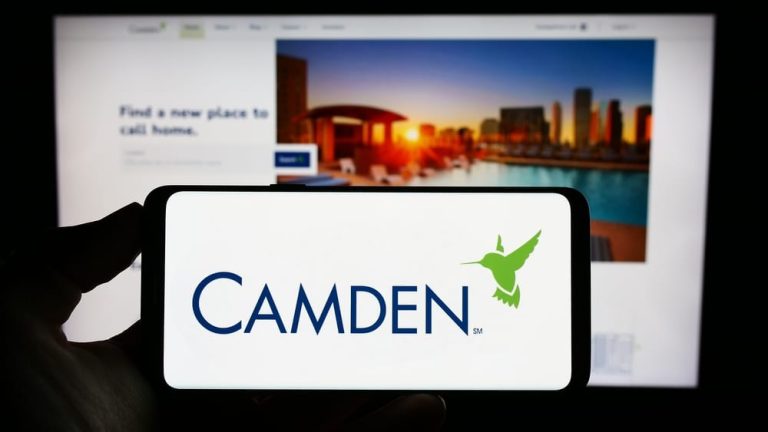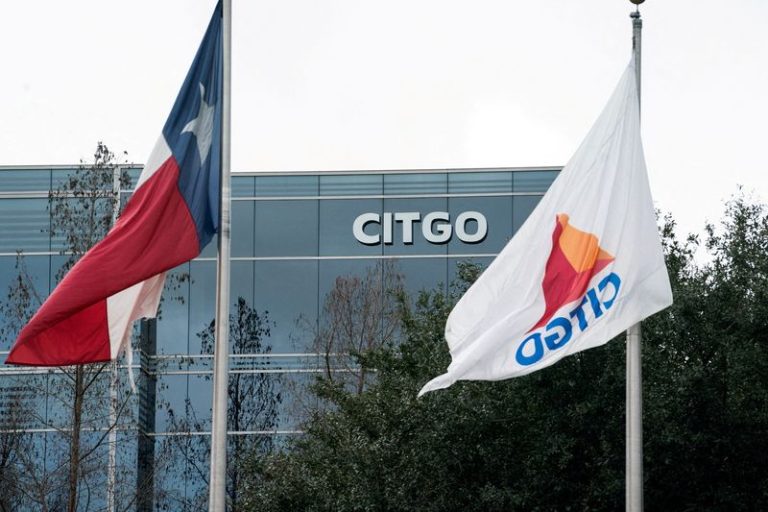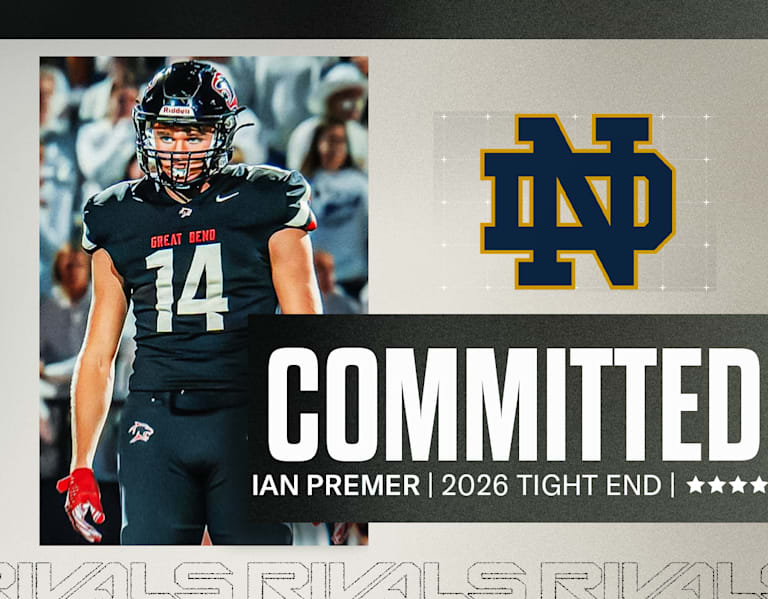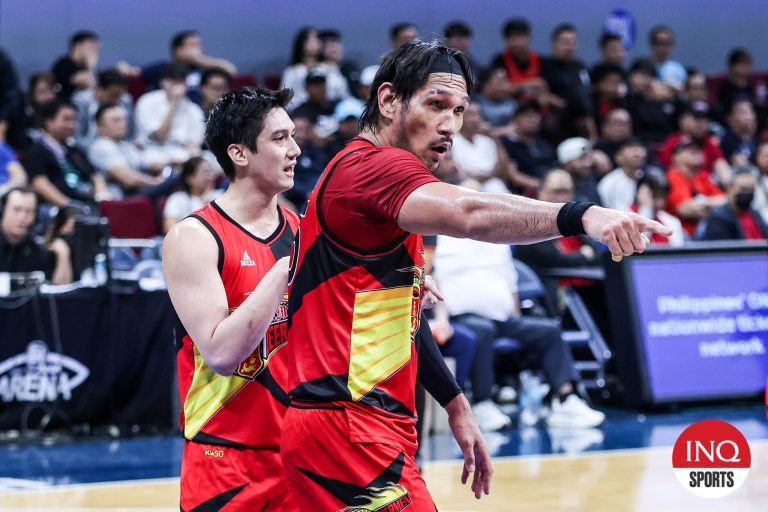Snoop Dogg has settled a copyright lawsuit with musician and producer Trevor Lawrence Jr. over two backing tracks allegedly used on the rapper’s 2022 album, BODR.
The parties filed a joint dismissal motion in the US District Court for the Central District of California on Tuesday (June 24), ending a dispute that was scheduled to go to trial in September.
The terms of the settlement agreement were not disclosed, although the filing shows that each side agreed to cover their own legal fees.
In July last year, Trevor Lawrence Jr. sued Snoop Dogg (Calvin Broadus Jr.), Death Row Records (DRR) and blockchain platform Gala Music (BGP) as defendants over the alleged use of two backing tracks he created under the titles Pop Pop Pop Goes My 9 and Get This D with Hook.
Lawrence has worked with a number of well-known artists including Herbie Hancock, Bruno Mars, Alicia Keys, Lionel Richie, Ed Sheeran, and many more. The lawsuit states that Lawrence “often authors instrumental musical compositions and sound recordings based upon those compositions,” which, the complaint explains, are referred to as “backing tracks.”
Lawrence alleged he created the backing tracks Pop Pop Pop Goes My 9 and Get This D with Hook in 2010 and provided them to Snoop Dogg in 2020 for “potential in-studio experimentation.”
“Broadus [aka Snoop Dogg] responded positively” to the tracks “and requested that he be furnished with copies thereof,” according to the lawsuit, which you can read here.
The lawsuit claimed that Snoop Dogg’s representatives contacted Lawrence in January 2022 about licensing the tracks for the upcoming album. Lawrence requested a $10,000 producer fee plus 50% publishing rights, terms that were allegedly accepted by Snoop’s team.
However, Lawrence claimed that he “was not contacted by any representatives of Broadus or DRR between January 28, 2022 and February 11, 2022 or otherwise furnished with any paperwork to confirm the agreed-upon scope of use or terms of compensation for exploitation of the Lawrence Tracks as embodied in the Broadus Tracks.”
The dispute intensified when Death Row Records partnered with blockchain platform Gala Music to sell the album tracks as NFTs through “Stash Boxes” or digital bundles combining music with collectible tokens. Lawrence alleged this generated “tens of millions of dollars” in revenue without his authorization.
Snoop Dogg’s legal team disputed these claims, arguing the rapper had paid Lawrence a $20,000 “producer fee” before the album’s release. Lawrence cashed the $20,000 check, Snoop Dogg’s lawyers claimed in a December filing, according to Billboard.
“If Lawrence is entitled to any monies from defendants, it is the agreed-upon producer royalties offset against the $20,000 that he was already paid,” Snoop’s counsel said in the earlier filing cited by Billboard.
Music Business Worldwide
